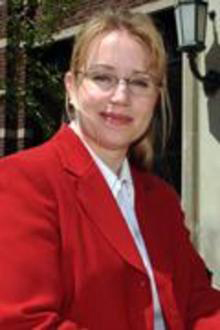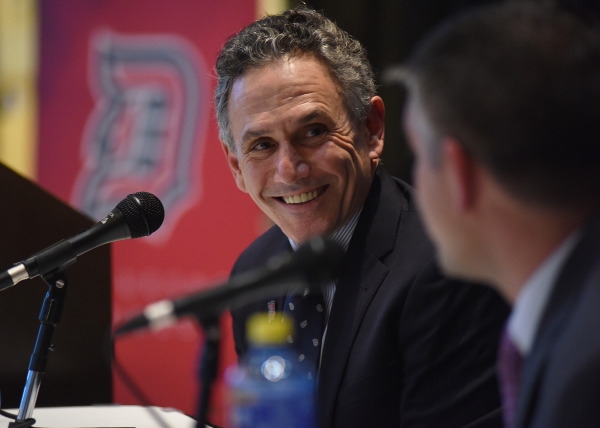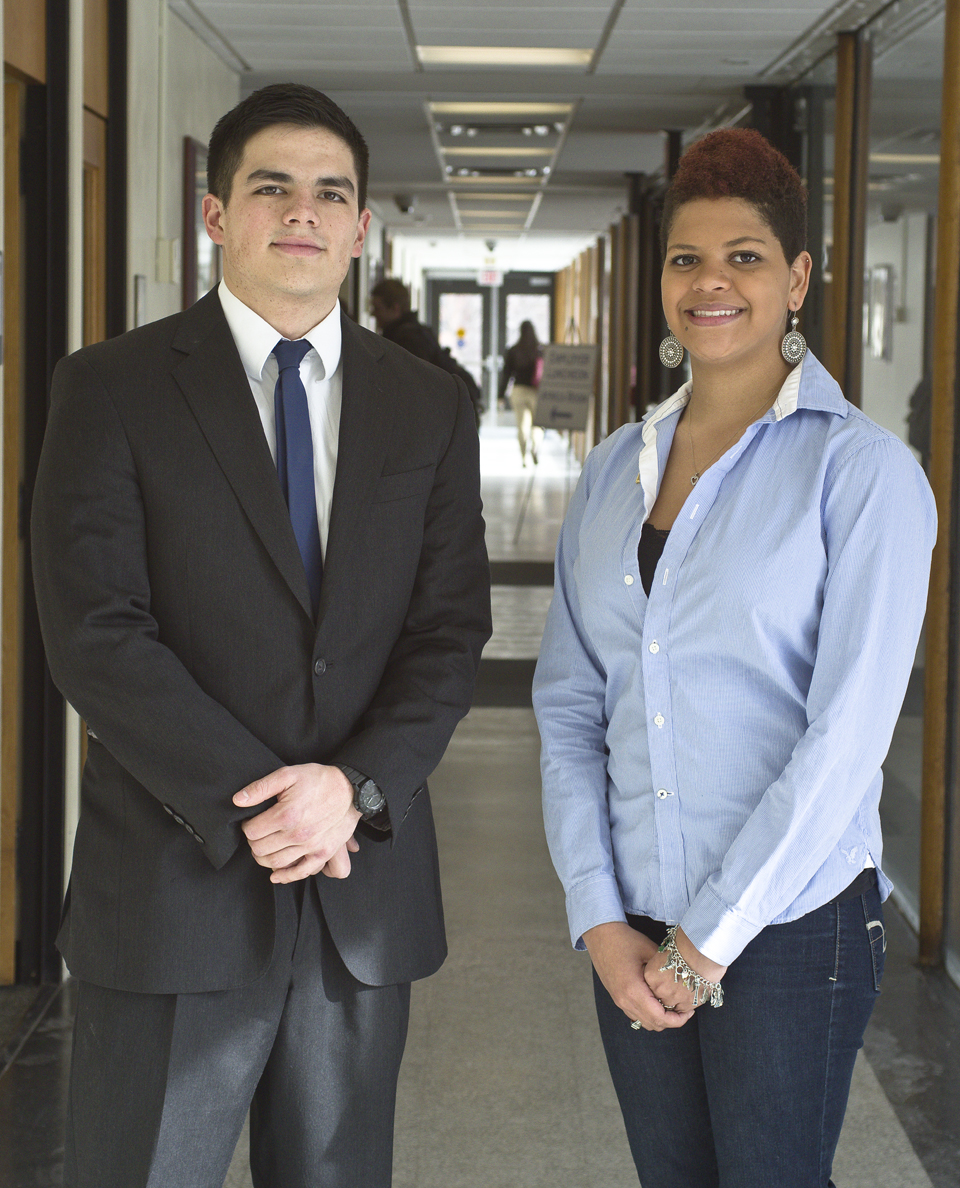

Emily Ambery | Staff Writer
11/19/2020
In collegiate sports, open communication about mental health is not widely practiced. In an effort to change this, Duquesne hosted a panel on breaking down the stigma of mental health and wellness.
On Monday, Nov. 16, Duquesne Athletics and Counseling Services held a panel on Hilinski’s Hope Foundation (H3H), an organization that promotes awareness and education of mental health and wellness for student athletes. The foundation’s mission is to educate, advocate and eliminate associating the stigma with mental illness, while funding programs that provide student-athletes with the tools and resources that support their mental health and wellness.
Kym and Mark Hilinski, founders of Hilinski’s Hope, gave a presentation on their story and the foundation’s mission. The panel was moderated by Associate Athletic Director John Henderson, Associate Head Athletic Trainer Jessica Johns and Ian Edwards, assistant vice president for Student Wellbeing.
To begin the panel, Edwards shared the resources available for Duquesne students regarding mental health and wellbeing. In addition to individual services, Counseling Services provides group sessions for students who may be struggling emotionally due to the COVID-19 pandemic or the events surrounding the death of George Floyd. Counseling Services also holds stress management, grief and anxiety workshops. Duquesne’s Student Wellbeing Club promotes a culture of support to encourage conversations about mental health and wellness.
“The [Hilinski’s Hope] presentation will transform the way you think about mental health,” Edwards said. “Don’t be afraid to start a conversation about mental health; consider this a place where you were meant to be.”
Edwards emphasized that the Hilinski’s Hope presentation will be an experience through which everyone learns and grows. He issued a challenge for the audience, encouraging them to “allow this experience to transform you, and text or call someone you know and tell them about this presentation.”
The conversation turned to Mark Hilinski, who told the story of his son, Tyler. Tyler committed suicide on Jan. 16, 2018. The second of Mark and Kym’s three sons, Tyler was a talented and dedicated student athlete and a kind, genuine young man. He described how Tyler gave no indication he was contemplating suicide and usually kept his feelings to himself.
Mark explained that football is only one place to start destigmatizing conversations about mental health. While the presentation’s main focus was football, it did not exclude other sports and activities. But football is what the Hilinski family knows and loves.
“If you’re struggling and don’t know how to reach out for help, use Tyler’s story to break the ice about what you are going through,” Kym said.
Kym continued the discussion with a presentation on H3H and its mission.
Kym explained the importance of treating mental health in sports the same way as a cold, a sprained ankle or a torn ACL.
The Hilinski’s Hope Foundation is fighting to eradicate the “just play, don’t talk” culture apparent in many collegiate sports teams. While this culture may give way to success on the field, it often fails to foster an environment for athletes where they feel comfortable opening up and reaching out for help with mental health wellness off the field.
H3H works with mental health education curriculums such as Behind Happy Faces and Step Up to bring mental health into the conversation in collegiate sports. H3H is using education tools like these to raise awareness to stop the stigma and normalize taking care of mental health.
“The stigma played a part in me not knowing,” Kym said. “The stigma played a part in [Tyler] not being able to reach out and ask for help.”
Tyler’s collegiate number at Washington State University was 3. Kym also offered a challenge to the attendees of the panel: “Reach out to three people. Tell them how much they matter and how much you care.”
Students can contact the university’s Counseling Services by calling 412-396-6204 or visiting their website at www.duq.edu/counseling. Those experiencing a mental health crisis, who know someone who may be experiencing a mental health crisis or who want more information on mental health can call the National Alliance on Mental Illness at 1-800-950-NAMI or text “NAMI” to 741741. More information on Hilinski’s Hope Foundation can be found on their website at www.hilinskishope.org.




